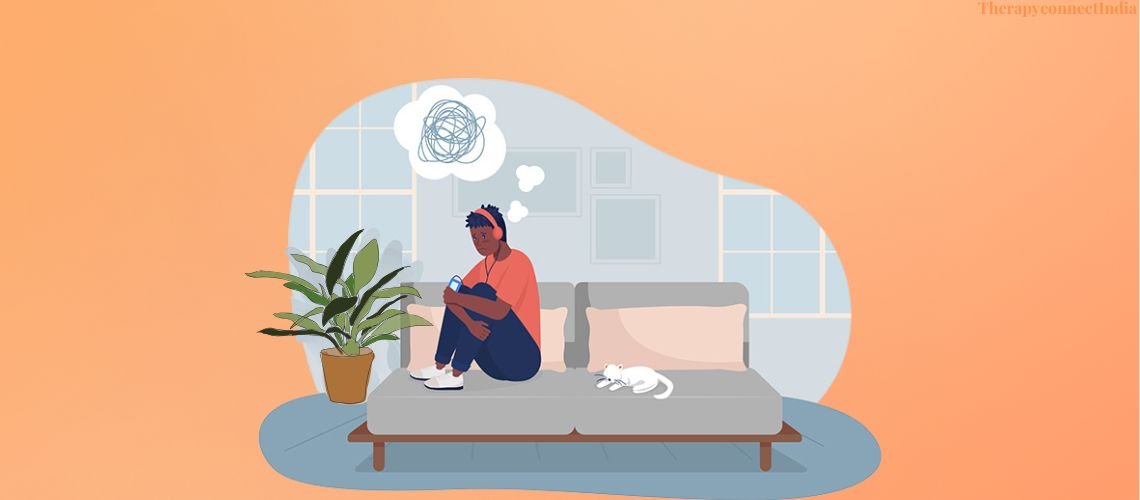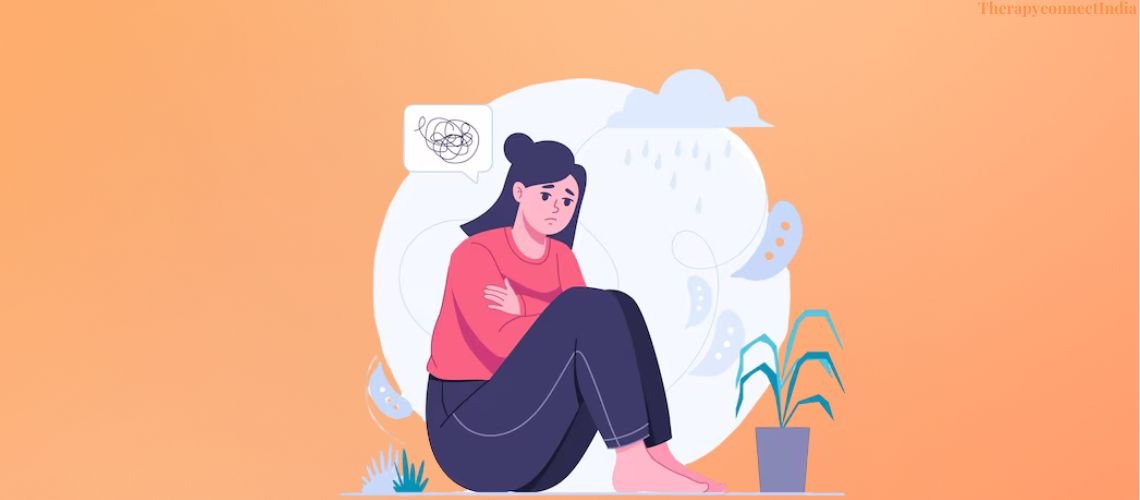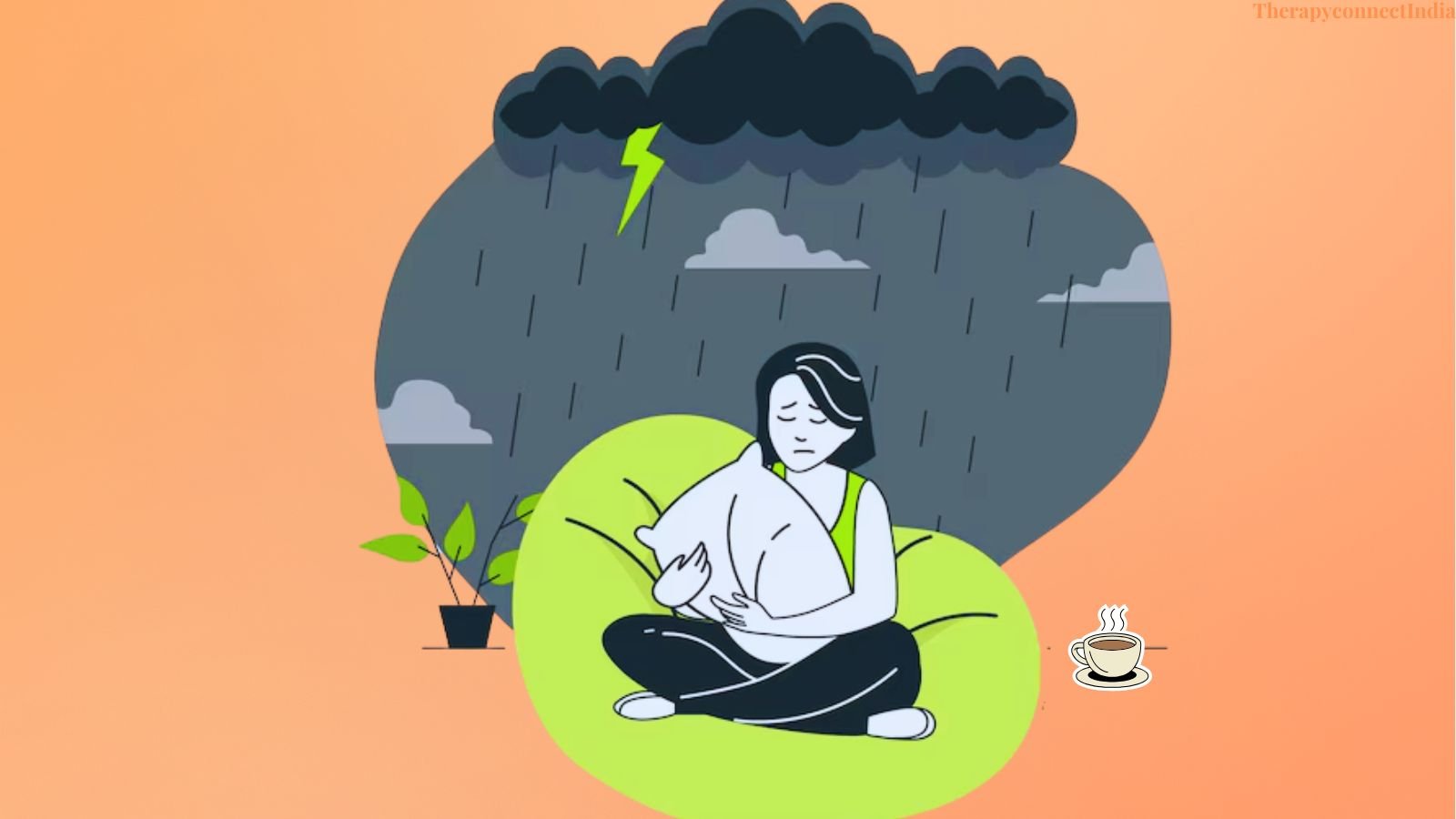With the rise of online education, more students are studying from home than ever before. While remote learning offers flexibility and convenience, it has also led to an increase in student loneliness. Many students struggle with feelings of isolation due to a lack of face-to-face interactions, limited social activities, and difficulty forming meaningful friendships.
Remote learning mental health concerns have grown, as many students report feeling disconnected from their peers and overwhelmed by academic stress. The absence of classroom discussions, casual conversations, and shared experiences makes it harder to build strong social connections. However, despite these challenges, students can take steps to foster relationships, combat loneliness, and improve their overall well-being.
This article explores the effects of student loneliness and provides practical strategies for making friends online and staying socially connected while studying remotely.

How Remote Learning Contributes to Student Loneliness
- Lack of Face-to-Face Interactions : In traditional classrooms, students engage in casual conversations before and after class, form study groups, and interact with peers daily. With remote learning, these opportunities are significantly reduced, leading to feelings of isolation. Virtual discussions often feel more structured and less personal, making it difficult to form natural connections.
- Limited Social Activities : Many students rely on school events, clubs, and extracurricular activities to meet new people and develop friendships. However, remote learning often eliminates these opportunities or moves them online, where interactions feel less personal. Without social events, students may struggle to build a sense of community.
- Increased Screen Time and Fatigue : Spending long hours in front of a screen can be exhausting. After attending online classes, students often lack the energy to engage in additional social activities, leading to further isolation. The exhaustion from virtual meetings, known as "Zoom fatigue," makes it harder to stay motivated to connect with others.
- Feeling Disconnected from Peers : Many students find it difficult to form friendships in a remote setting because conversations are often limited to academic discussions. Unlike in-person classes, where casual talks and group projects naturally foster relationships, online learning can feel transactional and impersonal.
- Mental Health Challenges : Student loneliness can have a direct impact on mental health. Feelings of isolation can lead to anxiety, stress, and even depression. Without regular social interactions, students may feel unmotivated, struggle with self-doubt, and experience difficulty staying engaged in their studies. Websites like Verywell Mind offer helpful articles on managing loneliness and maintaining emotional well-being.

Ways to Overcome Student Loneliness in Remote Learning
- Join Online Student Communities : Many universities and educational platforms have online communities where students can interact, ask questions, and share experiences. Platforms like Discord, Reddit, and Facebook groups host student discussions, virtual study sessions, and social events. Engaging in these communities can help students meet like-minded individuals and build friendships.
- Participate in Virtual Clubs and Events : While traditional clubs may not be available, many schools and colleges offer virtual alternatives. Joining a student club, attending online workshops, or participating in virtual social events can provide opportunities to connect with others. Websites like Meetup allow students to find online events based on shared interests.
- Schedule Virtual Study Sessions : Studying alone can feel isolating, but virtual study sessions can help recreate the classroom environment. Connecting with classmates through Zoom, Google Meet, or Microsoft Teams for group study sessions allows students to interact, discuss topics, and build friendships. Websites like Study Together offer a space for students to study with peers worldwide.
- Engage in Online Group Discussions : Many online courses have discussion forums where students can share ideas and ask questions. Actively participating in these discussions, responding to classmates, and engaging in meaningful conversations can help students form connections and feel more involved.

- Use Social Media to Stay Connected : Social media platforms like Instagram, Twitter, and LinkedIn can be valuable tools for networking and maintaining friendships. Joining student groups, following educational influencers, and engaging in conversations with peers can create a sense of community. However, it is essential to use social media mindfully to avoid excessive screen time and negative comparisons.
- Schedule Time for Social Interaction : Just as students schedule time for classes and assignments, it is essential to set aside time for social interactions. Whether it is a virtual coffee chat with a friend, an online game night, or a casual video call, prioritizing social time helps maintain connections and prevents loneliness.
- Practice Self-Care and Mindfulness : Managing mental health is crucial when dealing with student loneliness. Practicing self-care routines, engaging in physical activities, and taking breaks from screens can improve overall well-being. Mindfulness apps like Headspace offer guided meditation sessions that help reduce stress and improve focus.
- Seek Professional Support if Needed : If feelings of loneliness become overwhelming, talking to a therapist or counselor can be beneficial. Many universities provide mental health resources, and online therapy platforms like BetterHelp offer professional support for students struggling with isolation and anxiety.

Building Meaningful Connections in a Digital World
- Be Open to New Friendships : Making friends online requires effort and openness. Initiating conversations, joining group activities, and being proactive in interactions can help students form genuine connections.
- Find Common Interests : Shared interests create a strong foundation for friendships. Whether it is gaming, music, movies, or academic subjects, finding common ground with peers makes it easier to connect and build relationships.
- Stay in Touch with Old Friends : Maintaining connections with existing friends can help reduce feelings of loneliness. Regularly checking in through messages, calls, or virtual hangouts strengthens bonds and provides emotional support.
- Balance Online and Offline Interactions : While online connections are important, it is also essential to engage in offline activities. Spending time with family, engaging in hobbies, or taking breaks from screens can improve mental health and create a healthy balance.

Conclusion
The shift to remote learning has brought new challenges, with student loneliness becoming a major concern. The lack of face-to-face interactions, limited social opportunities, and increased screen time have made it difficult for students to form and maintain meaningful relationships. However, by taking proactive steps like joining online communities, engaging in virtual events, and prioritizing self-care, students can combat loneliness and improve their remote learning mental health.
Making friends online is possible with effort, openness, and the right resources. Building connections in a digital world requires students to be proactive in reaching out, engaging in conversations, and balancing online and offline interactions. While loneliness is a challenge, it does not have to define the remote learning experience. By fostering meaningful connections and prioritizing mental well-being, students can create a supportive and fulfilling learning environment.





